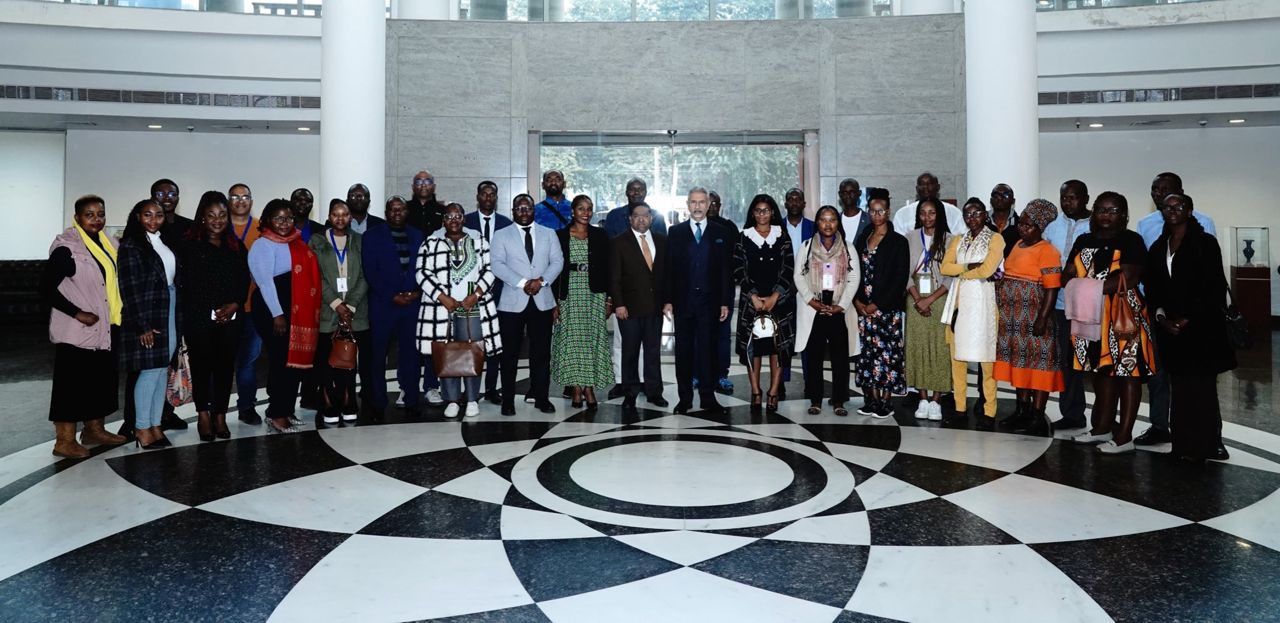TANGIER, Morocco – Business-friendly reforms in some north African countries are prompting more local firms to seek expertise and funding from abroad, creating opportunities for private equity in the region.
Several capital investment funds focusing on the southern Mediterranean began operations this year despite the global financial turmoil, encouraged by economic growth rates of 3-5 per cent and moves by governments to ease flow of capital.Industry figures meeting at a Mediterranean investment forum in the Moroccan city of Tangier said global private equity players had begun to take note but were still hesitating.Inward capital investment activity had fallen to less than half the level before the crisis, said Nasreddine Dekli, senior manager of International Maghreb Merchant Bank (IMBank).’There are funds who told us that for 2009 there’s no point in presenting them with projects – they are in a sabbatical year,’ Dekli told Reuters.Yet demand for equity finance is still strong in countries like Tunisia, Morocco and Egypt, partly because tax breaks, cut price land deals and new free trade zones are encouraging companies to shift operations to the region to cut costs.’There is lack of funding for these relocations, yet people want to do it more and more. It’s a paradox,’ said Dekli.Delegates at the Euromed Capital Forum said the global downturn had not interrupted a trend for north African family-run firms to seek foreign expertise and capital to grow.Aziz Mebarek, a partner in Tuninvest, said his funds had US$600 million invested in the Maghreb and sub-Saharan Africa.’In the last months we’ve seen spontaneous approaches from people wanting to know more about interesting opportunities… That is new,’ he told Reuters.On Friday, French state investor CDC launched a fund of funds, Averroes II, focusing on the southern Mediterranean.Algeria, seen as tough for foreign investors outside the dominant energy sector, announced its first capital development fund set up by bank BEA in cooperation with Portugal’s Banco Espirito Santo and French capital investment group Siparex.Barriers to trade and investment across the region have stymied economic integration – political tensions have shut the border between Morocco and Algeria for more than a decade.Yet some firms backed by venture capital are starting to expand across the region, like Tunisian packaging firm Altea which acquired Moroccan company Optima in May 2008.Altea Chief Executive Slim Zeghal said Optima’s sales have tripled since then.Private equity is hoping for a growing role in state-led projects for roads, railways, ports, health and education.South Mediterranean countries need an estimated 100 billion euros (US$150,1 billion) of new infrastructure in the next five years, said Radhi Meddeb of Paris-based Mediterranean economics institute IPEMED.He said if the private sector took a 30 per cent share of that investment, equity funds would need to inject 10 billion euros, yet regional funds manage just a few hundred million now.Meddeb said his own infrastructure investment firm, Comete Engineering, was currently trying to raise 150 million euros with multilateral lenders.The Middle East and North Africa venture capital industry is still smaller than that of the UK alone.’It is modest but it is particularly active at the moment and getting more so,’ said European Investment Bank (EIB) Vice President Philippe de Fontaine Vive.Due to the crisis, however, the private sector was leaving it increasingly to state institutions like the European Union’s EIB to lead the way in financing projects.’Before it was mostly commercial banks that got involved first,’ he said. ‘Now we are being asked to come into interesting projects first and by doing so … that brings the commercial banks along too.’The EIB had this year already surpassed 2008’s 1,4 billion euros in financing and will end 2009 ‘substantially above the 1,4 billion,’ Fontaine Vive told Reuters. – Nampa-Reuters
Stay informed with The Namibian – your source for credible journalism. Get in-depth reporting and opinions for
only N$85 a month. Invest in journalism, invest in democracy –
Subscribe Now!







